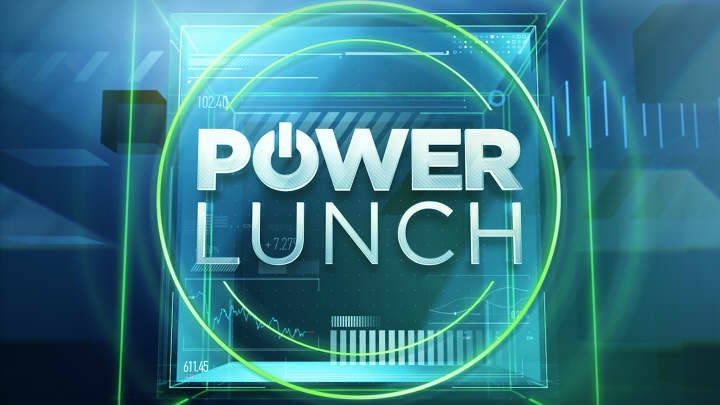
“Encouraged.” It’s the response of Chesapeake Energy leader Dominic J. Dell’osso to the deal announced Friday by President Biden and European Union leaders for the US to supply more natural gas to Europe during the Russian invasion of Ukraine.
Dell’osso, Chesapeake’s CEO and President told CNBC’s “Power Lunch“ program the US definitely has the capability to “make a difference” for the European countries that relied on Russia for their natural gas supplies.
He explained that energy security, climate concerns and affordability make up challenges for the industry across the world.
“LNG from the US is the best balance to deliver against all three of those challenges,” said Dell’osso.

When asked whether the US has the capacity to make a difference, he replied, “Absolutely.”
“We have vast resources in the US but we do need more infrastructure,” added the Chesapeake leader.
Under the deal announced Friday in Brussels, the US will work to supply 15 billion cubic meters of liquefied natural gas to Europe in an effort to help countries end their natural gas reliance on Russia.
Dell’osso said it will mean that some companies will have to divert their supplies to where it’s needed most in Europe.
“We have the resources and the capability,” he said confidently about the agreement.
As part of the announcement, Germany also said it would cut in half its imports of Russian oil and coal this year and hopefully free itself from its dependence on Russian natural gas by the middle of 2024.
Under the deal, the US supply of another 15 billion cubic meters of LNG will amount to nearly 10 to 12% of the current annual US exports to all countries. President Biden said Friday that by 2030,, the US will attempt to increase LNG supplies by as much as 50 billion cubic meters a year.
The announcement surprised some oil and gas executives who felt they had been targets of the Biden administration’s climate plans. Now instead of being the “bad guys” the industry would be seen as “coming to the rescue.”





